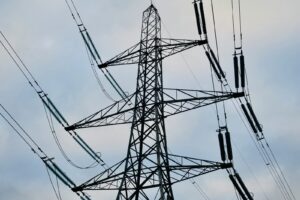BREAKING: UK Government announces energy efficiency assistance for households
UK Chancellor Rishi Sunak promises the House of Commons and public significant savings on investments in clean energy at home.
The Conservative Party’s long-awaited and highly-anticipated Spring Statement was delivered this afternoon, Wednesday 23rd March, with the aim of making life easier for Britons facing a major cost of living crisis and the highest level of inflation in 30 years.

While most of the content related to tax breaks and funding for major public sector institutions including the NHS, elements of Chancellor Rishi Sunak’s speech directly encourage the UK public to consider investing in green energy at home.
Specifically, those paying to install heat pumps, insulation, solar panels, and other ‘energy efficiency devices’ will now pay zero VAT, down from 5%. This equates to a saving of around £1000 for those introducing solar panels at home. EU legislation that restricted both the types of energy saving devices eligible for the scheme and level of tax break applied was cited as a hurdle that has now been removed as a result of Brexit, and for the time being this offer only applies to England, Scotland, and Wales, with a Northern Ireland rollout currently not possible due to the nature of the Northern Ireland Protocol.
However, it is worth noting this will do little to address the societal imbalance between those who can afford to make such improvements to their home, and those that cannot and are struggling with exponentially rising costs. It has also been pointed out that an opportunity introduce a windfall tax on oil and gas producers, which have made unexpectedly high profits in the past 12 months as a result of the rise in value of raw materials, has been missed.
In related news, the UK recently released its proposals for legally-binding targets on biodiversity and water.
Image credit: James Newcombe















